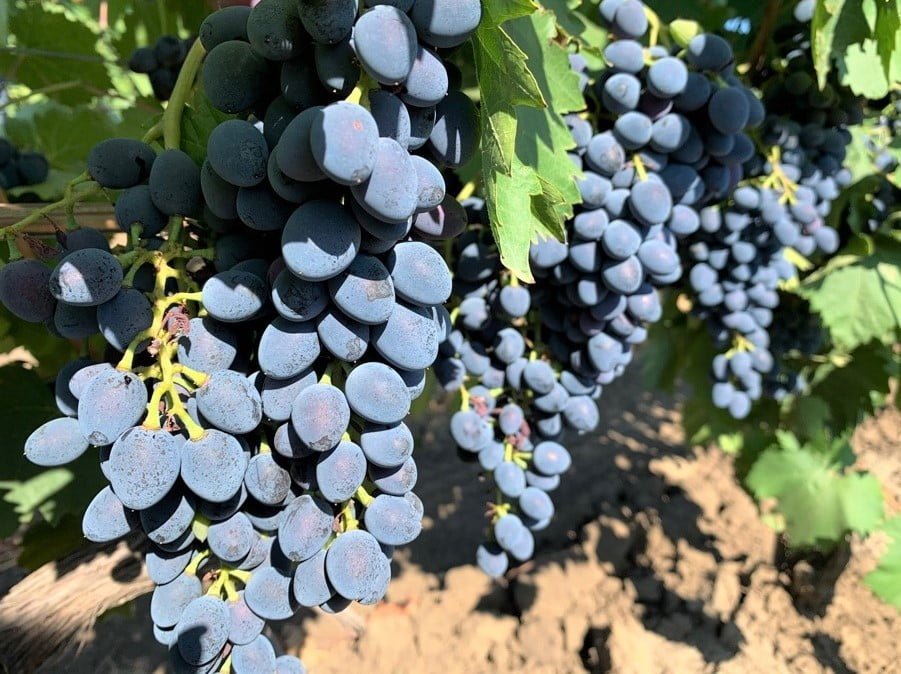September rainfalls, which took place in most regions of Moldova, had a negative impact on the quality of table grapes of late varieties. Growers note that grape plantations of the main export variety “Moldova” have begun “cracking” – cracking (with the subsequent prospect of rotting) of berries. Non-irrigated plantations are especially susceptible. Due to drought, they have a high percentage of poorly formed clusters with small berries. This circumstance worsens the prospects for the export of “Moldova” to the markets of European countries.
With this in mind, contacts between table grapes growers and winemakers have again become more active. Thus, according to representatives of viticultural associations, at least four large wineries in the south of Moldova have announced their intention to buy table grapes for processing. In this case, most likely, we are talking about its distillation into alcohol, and not the preparation of wines. But so far, the Moldova variety table grape has not gained a high sugar content, which reduces its value for winemakers.
Also, apparently, this year winemakers will accept table grapes in significant quantities and at a more or less acceptable price only from their traditional agricultural partners – suppliers of classic wine grape varieties. At the moment, the price level even for such raw materials is not very high yet – about 6-7 MDL/kg ($0.31-0.36/kg). Accordingly, the forecast of low prices for “Moldova” for processing is still relevant.
At the same time, starting from the second week of September, there appeared prerequisites for a rise in prices for industrial grapes of low quality. According to market participants, some Moldovan wineries have resumed large-scale exports of budget wines to the Belarusian market.
The use of the site materials is free if there is a direct and open for search engines hyperlink to a specific publication of the East-Fruit.com website.




